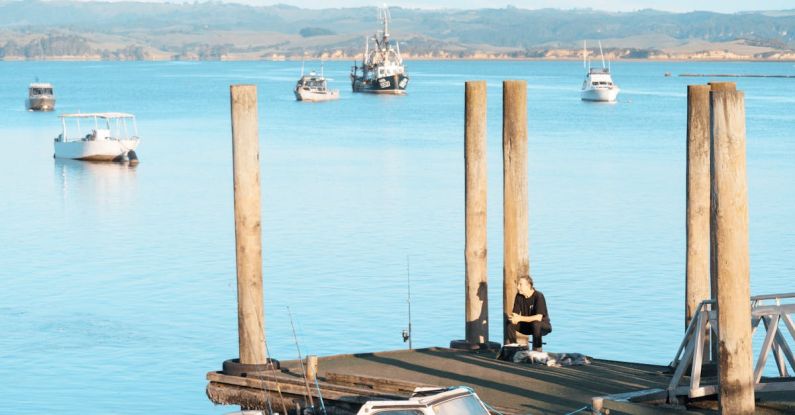
A key element in the world of rowing that often goes underappreciated is the significance of core strength. As a demanding sport that requires full-body coordination and power, rowing heavily relies on the strength and stability of the core muscles. From providing the necessary support for proper technique to enhancing overall performance and preventing injuries, core strength plays a crucial role in the success of rowers at all levels. Let’s delve into the importance of core strength in rowing and how it impacts an athlete’s prowess on the water.
**The Foundation of Power**
Core strength serves as the foundation of power in rowing. The core muscles, including the abdominals, obliques, and lower back muscles, act as the link between the upper and lower body movements during the rowing stroke. A strong and stable core allows rowers to effectively transfer power generated from their legs through their bodies and into the oar, propelling the boat forward with maximum efficiency.
**Enhanced Technique and Efficiency**
A strong core is essential for maintaining proper rowing technique throughout the entire stroke cycle. By providing stability and support to the spine, core muscles help rowers maintain a strong posture and alignment, preventing unnecessary movements that can detract from the fluidity and efficiency of their strokes. Improved core strength also allows rowers to better control their body movements, resulting in smoother transitions between the drive and recovery phases of the stroke.
**Injury Prevention**
In addition to enhancing performance, core strength plays a crucial role in injury prevention for rowers. The repetitive nature of rowing places significant stress on the body, particularly the lower back and shoulders. A weak core can lead to imbalances in muscle strength and stability, increasing the risk of overuse injuries and musculoskeletal issues. By strengthening the core muscles, rowers can improve their overall body mechanics, reduce the likelihood of injury, and maintain better long-term physical health.
**Balanced Muscle Development**
Developing core strength is not only about building a six-pack or achieving aesthetic goals; it is about creating a balanced and functional muscular system that supports overall athletic performance. While rowing primarily engages the muscles of the legs, back, and arms, neglecting core strength can lead to muscle imbalances that hinder performance and increase the risk of injury. A strong core helps distribute the workload more evenly across the body, allowing rowers to generate power efficiently and sustain their performance over extended periods.
**Training Strategies for Core Strength**
Integrating specific core-strengthening exercises into a rower’s training routine is essential for optimizing performance on the water. Incorporating exercises such as planks, Russian twists, leg raises, and back extensions can target different aspects of core stability and strength. Additionally, utilizing stability balls, resistance bands, and bodyweight exercises can help challenge the core muscles in various planes of movement, mimicking the dynamic demands of rowing.
**The Mind-Body Connection**
Beyond the physical benefits, developing core strength in rowing also fosters a strong mind-body connection. By honing their awareness of core engagement and alignment, rowers can better tune into their bodies and improve their proprioception – the body’s ability to sense its position in space. This heightened kinesthetic awareness allows rowers to make subtle adjustments to their technique, optimize their power output, and achieve a greater sense of control and mastery over their movements on the water.
**Elevating Performance through Core Strength**
In conclusion, core strength is a fundamental component of success in rowing, influencing every aspect of an athlete’s performance on the water. By prioritizing core stability and strength training, rowers can enhance their technique, prevent injuries, achieve balanced muscle development, and elevate their overall performance to new heights. Whether you are a novice rower or a seasoned competitor, dedicating time and effort to building a strong core will undoubtedly pay dividends in your rowing journey.





